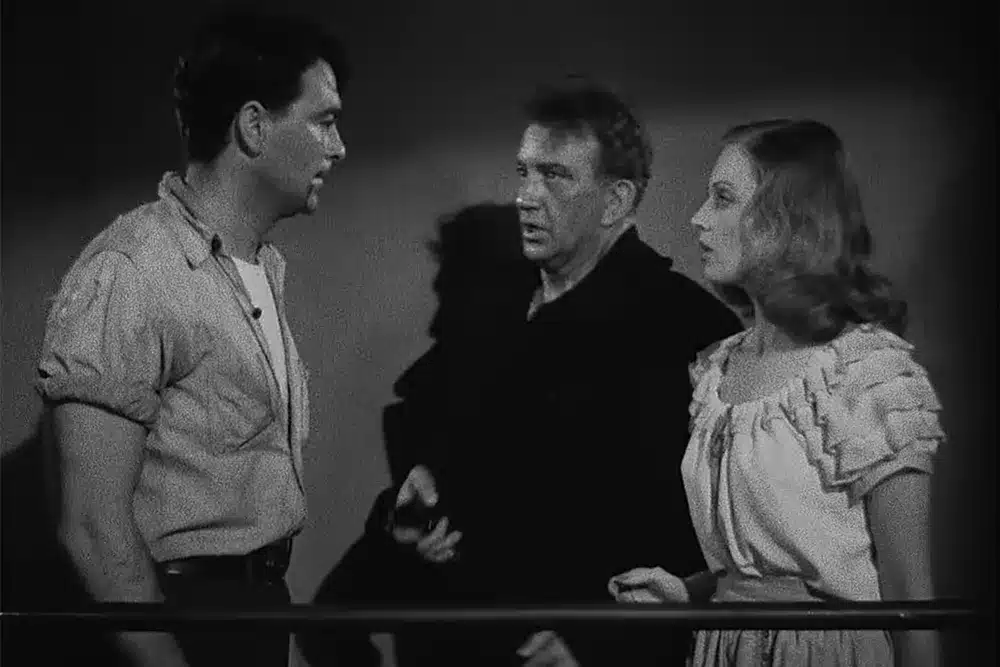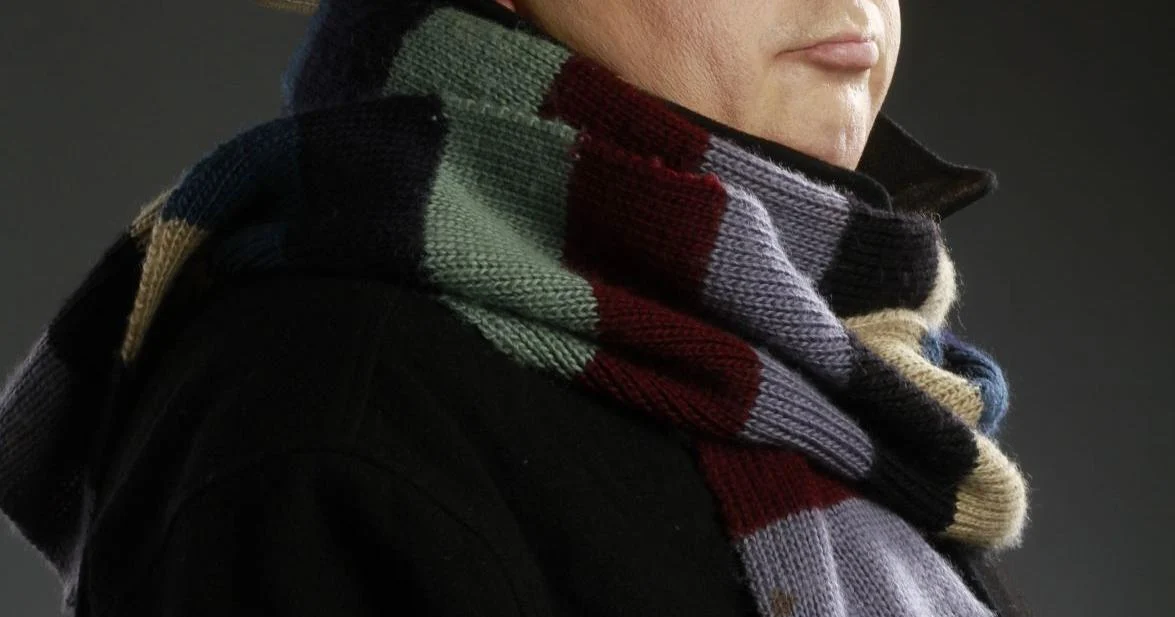Copyright popmatters

A gusty mix of romance, humor, melodrama, and a barely-there wisp of noir, Lighthouse features all the trappings that lifted the more regal fare of its kind to box-office success during the better part of the golden matinee years of the 1940s. Released in 1947 and directed by German filmmaker Frank Wisbar, the film was an independent effort that was understandably overshadowed by the higher-ranking American features such as Otto Preminger‘s romance Forever Amber and Elliott Nugent‘s comedy Welcome Stranger, which raked in millions domestically that same year. Given that the film was a low-budget creation and features Hollywood second-stringers, Lighthouse doesn’t exactly succeed in the kind of swooning production gloss that had Gregory Peck and Lauren Bacall swimming in Tinseltown glories, but it gently hooks the viewer with a roughhewn charm all its own. Framed with a look of watered-down expressionism (a carryover from Wisbar’s exploits in German filmmaking) and backdropped by the panoramic coastal regions of San Pedro, Lighthouse creates a suitable atmosphere to ground the slight chamber drama that unfolds as a curious and turbulent romance. Sam (Don Castle) is a young lighthouse keeper who makes regular visits to the mainland to see his love interest, Connie (June Lang). His boss, Hank (John Litel), an older, easygoing fellow, allows Sam to take leave, believing that Sam’s travels to the mainland are business or medical related. Connie, taken with the charming and handsome Sam, is conflicted about their relationship; his comings and goings wear on her, and she’d like to settle down. One day, she pays a visit to the lighthouse to see Sam, only to find Hank; he lets it slip that Sam is married, not realizing that Connie is the other woman. In an act of revenge, Connie marries Hank and later moves into the lighthouse living quarters with the two men. Tensions run high when Sam threatens to expose his past with Connie. At a brisk 60 minutes, Lighthouse gains much mileage out of its limited stretch of soured romance, infidelity, and conjugal drama, just skirting the soapier edges of its spurned-lover conventions. With a plot too thin to hold any true conviction of the theatrics it tries to muster, Lighthouse leans heavily on tone and mood to float a story as old as dirt, and succeeds mainly because of the solid interplay between the three main players of the film. Writers Robert B. Churchill and Don Martin manage some smart dialogue that gives drive to the performances (a hammy and over-the-top Marion Martin, as Connie’s mouthy best friend). The smarmy exchanges between the leads make for some amusing distractions amidst the dreary environs and lift the story above the oppressive fog of the littoral surroundings. Working under the awnings of its expressionistic designs, Lighthouse bears the affectations of lives lived under the noirish artifice of shadow and light. Furthermore, its stationary framing makes the film appear as though it unfolds onstage inside a theater house, the drama only breaching its minimalist restrictions during the open, windswept spaces by the sea. Caught between its simulated and natural settings, an agreeable tension is produced around the film’s inanimate and titular character, the classical beacon of all comfort and safety. Lighthouse was a PRC production, so little could be expected in the way of grandiose gestures. The film, however, boasts some strong performances, particularly from Castle, an affable lead with an endearing grin and the kind of genial good looks that turned the likes of Dennis Morgan into a bland Hollywood star of the 1940s. Skimming the surface of the commotion on a low-key charm, Castle goes down as the nicest villain to rustle up trouble in a noir. Turning in equally solid work are Lang as a brassy non-femme-fatale, a scene-stealing Martin, and Litel as a quietly paternal presence. Film Masters’ Blu-ray release of Lighthouse features a restored print, which is a little problematic in that the images are saturated with heavy grain. Overall, it doesn’t hurt the film too much, but much of the shadowy textures and the velveteen swathes of greys in this black-and-white feature become obscured by the imperfection. Given that this is an obscure title that has survived its B-movie terminus, Lighthouse is probably the healthiest it’s ever looked on digital format. The audio is serviceable and available only as a mono-track; at times, it blunts the sharper edges of the musical score (by Academy Award nominee Ernest Gold, no less), but the dialogue is easily understood. The disc features optional English subtitles and no supplementary materials. If anything, Film Masters’ release of Lighthouse capitalizes on a minor resurgence of Castle’s popularity in film (it follows Flicker Alley’s double-feature Blu-ray release of The Guilty and High Tide). Often touted as a hopeful contender for the far more estimable (and bankable) Clark Gable, of whom he uncannily resembled, Don Castle sank without a trace for the last half of the 20th century while his contemporaries continued to hold rank. Lighthouse was one of his minor efforts, but it gives him his own little contained world to sweep the frames with his muted charm, and do his best Gable.



